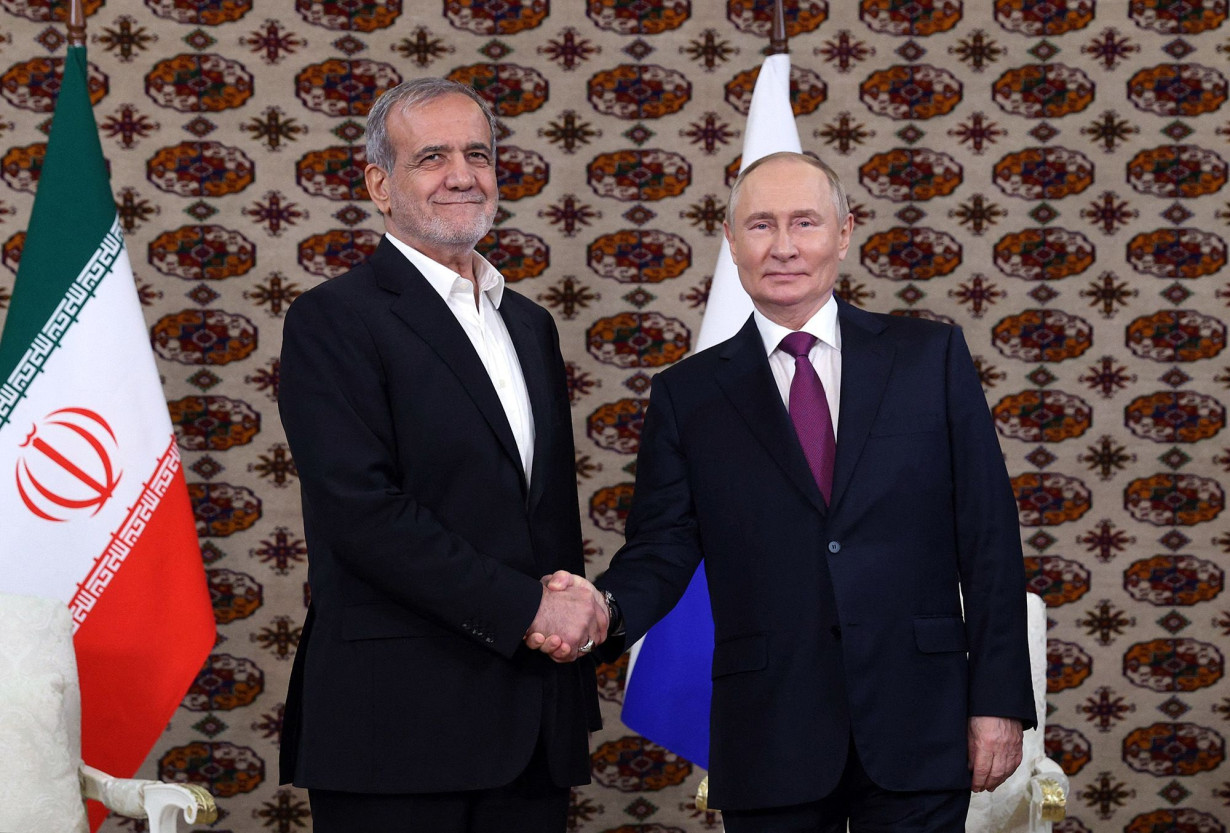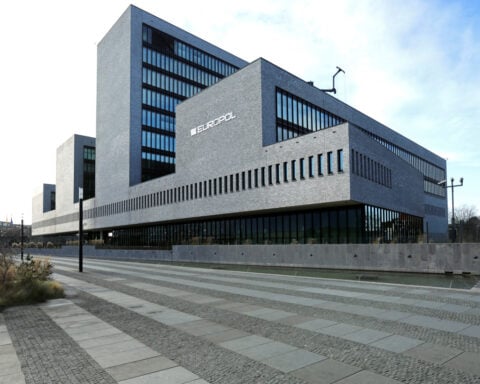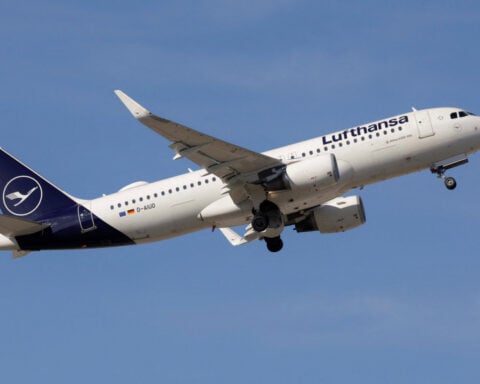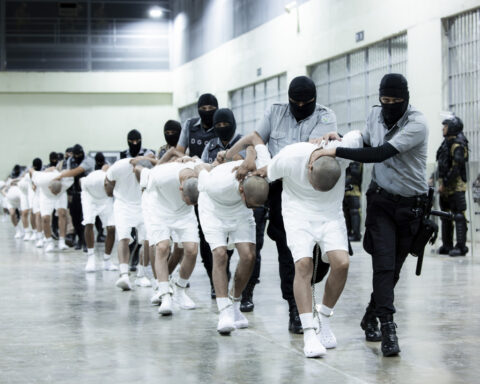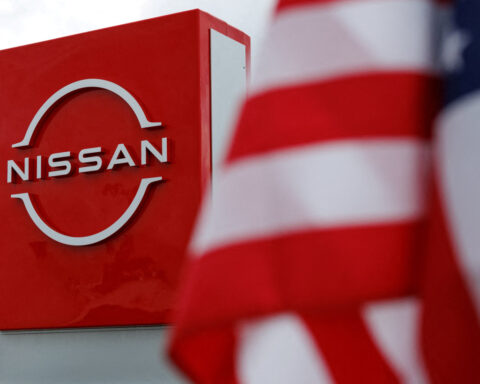(CNN) — Just three days before US President-elect Donald Trump returns to the White House, Russia and Iran have finally signed a “comprehensive partnership agreement” – a deal that had been in the works for months.
The move refocuses attention on a partnership that has shaped the battlefield in Ukraine, and which remains committed to challenging the US-led international order - even as the new US administration promises greater engagement with Russia.
Russian and Iran share a complicated past, peppered with conflict, and even now tread a fine line between cooperation and mistrust. And yet, the war in Ukraine has pulled Moscow and Tehran closer.
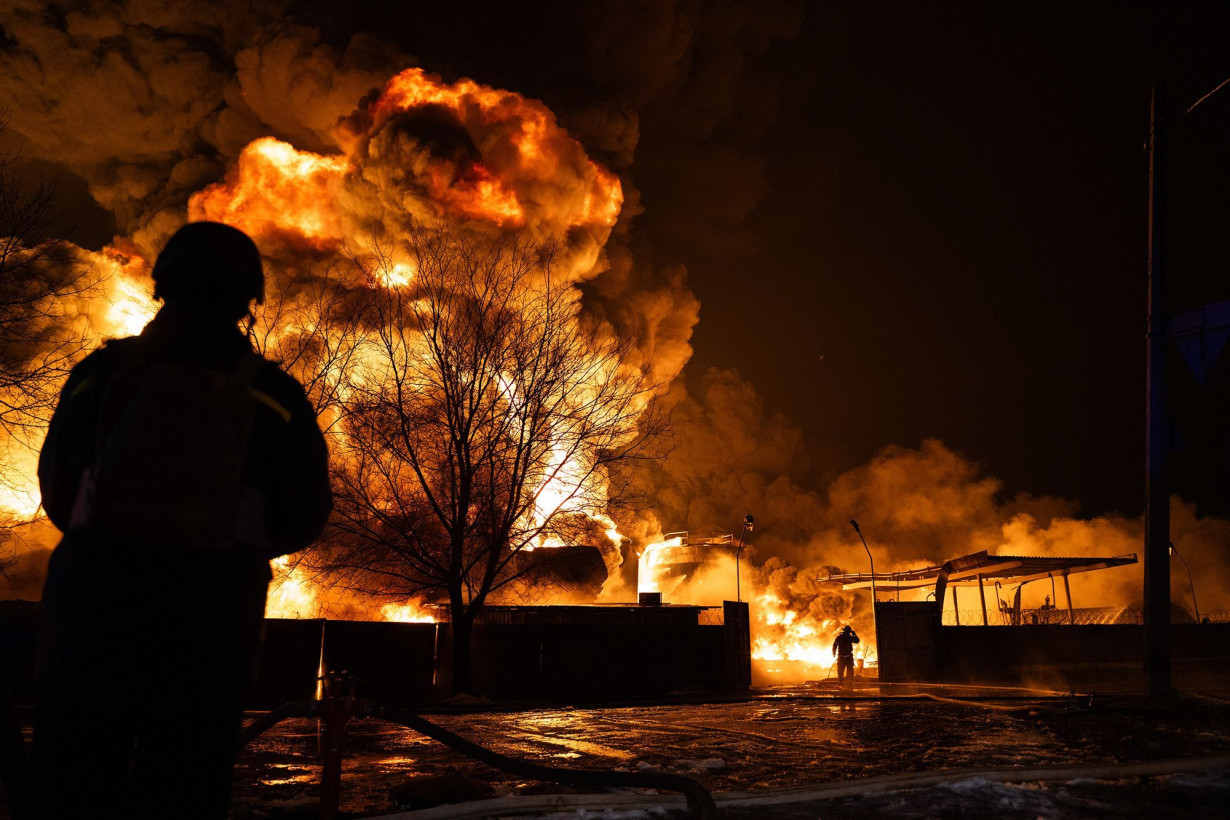
“That idea of having the United States not just as an adversary but as a strategic objective of all of their foreign policy has brought them together,” Jon Alterman, director of the Middle East Center at the Center for Strategic and International Studies, a think tank in Washington, D.C., told CNN. “It’s brought them together on the battlefields of Ukraine.”
Russian President Vladimir Putin hailed the new agreement and welcomed the chance to discuss the burgeoning “strategic partnership.” His Iranian counterpart, Masoud Pezeshkian, said the relationship between the nations was growing “day by day.”
Unlike Russia’s security pact with North Korea, the deal with Iran does not require the two countries to come to the other’s defense if one is attacked; merely not to provide military or other assistance to the attacker.
In July 2022, five months into his full-scale invasion of Ukraine, Putin visited Tehran, his first wartime trip outside the former Soviet sphere.
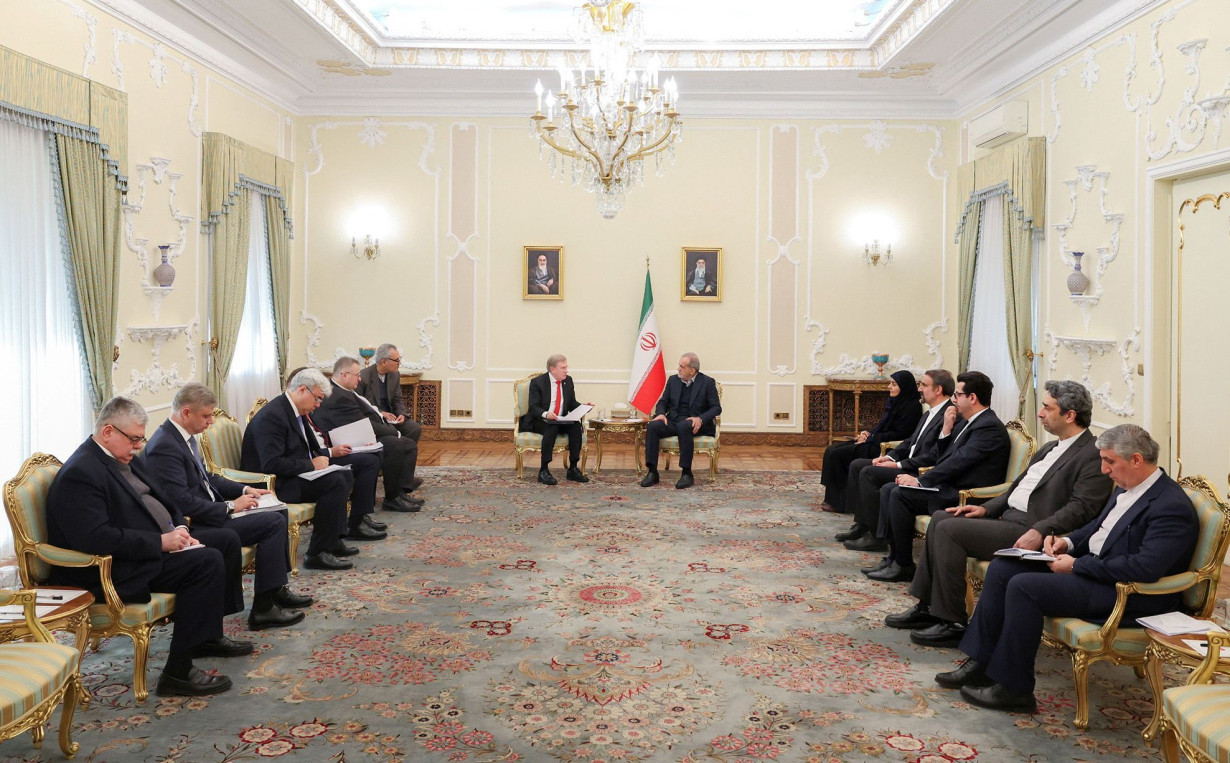
Behind the photo ops and handshakes, his “special military operation” was not going to plan. His army had lost a lot of its initial gains as it was pushed out of the Kyiv region - and would go on to lose more later that year in two further successful Ukrainian counteroffensives.
Turning to Tehran bore fruit for Russia. Thanks to a deal inked following that visit, Russia is now churning out thousands of Iranian-designed Shahed attack drones, at a factory in Tatarstan. A CNN investigation in December found production rates at the facility had more than doubled in 2024.
Those drones have formed the backbone of Moscow’s attritional war, swarms of them – targeting civilian areas and energy infrastructure in an effort to break the resolve of Ukraine’s people and deplete its air defenses.
Russia deployed over 11,000 in Ukraine last year, according to a CNN tally of air force reports, more than four times the estimate of just over 2,500 in 2023, provided by CNN’s sources in Ukraine’s defense intelligence.
Moscow has also, according to the US, taken delivery of Iranian ballistic missiles – and while no evidence of their alleged deployment has surfaced yet, that news alone sent a strong signal to Ukraine’s allies that Putin was willing to escalate.
Less desirably for Moscow, it was also one factor that helped shift the debate around providing Ukraine with permission to fire Western-supplied long-range missiles at military targets in Russia. Several prominent Russian military bloggers claimed in early January, without providing evidence, that Iranian missile launchers and other equipment were being delivered to Russian military training grounds ahead of the deal’s signing.
Two-and-a-half years on from Putin’s Tehran visit, the dynamic has markedly shifted for both sides. Russia now has the advantage in Ukraine. It is gaining territory on the eastern front, and with the help of North Korean soldiers, slowly pushing Ukraine back in the Russian region of Kursk. The incoming Trump administration, to Moscow’s barely concealed glee, wants to start talks, and is making noises about letting Russia keep the territory it occupies, and stalling Ukraine’s bid for NATO membership.
Friday’s meeting between Putin and Iranian President Masoud Pezeshkian offered Moscow a welcome opportunity to burnish its self-image as a superpower. Russia sees this relationship as “asymmetric,” Jean-Loup Samaan, a non-resident senior fellow at the Atlantic Council, told CNN. “They still consider themselves as the bigger partner here, and Iran as a regional partner.”
Iran, meanwhile, is feeling decidedly less secure. Nikita Smagin, an independent expert on Russia and Iran, who worked for Russian state media in Tehran before the invasion of Ukraine, says the Pezeshkian administration is rushing to get this treaty signed with Russia amid multiple threats to its security.
“They are frightened by the Trump administration, they are frightened by Israel, they are frightened by the collapse of Assad, the collapse of Hezbollah,” he said, explaining that Iran is looking for a show of support.
Moscow may look to exploit this. The Russians have “a great nose for somebody in trouble,” said Alterman, and may be thinking “we can help them a little bit, but we can get them where we need them and extract more from them that we want.”
What more Russia wants is less clear. It has now indigenized Shahed production on Russian soil - and having paid its dues to Iran under an initial franchise deal to manufacture them, is now doing so with much less direct Iranian involvement.
Russia’s recent battlefield gains have come at a huge cost to its troops - so while its manpower issues are nowhere near the level of Ukraine’s, it could use more boots on the ground. But experts are skeptical Iran would be as amenable in this regard as North Korea, which has deployed around 11,000 of its troops in Russia’s Kursk region, according to Ukrainian and Western assessments.
“Even when Iran is fighting their wars outside Iran, they are not willing… to sacrifice their soldiers,” said Smagin, “and when we’re talking about Iran and Russia there is a very big background of distrust from the Iranian side to Russia.” And Russia may be wary of any mutual defense pact, given the more immediate threat to Iran from Israel.
“I think this is partly intended as a message to the Trump administration that we each have options,” said Alterman. “I think the Iranians are looking for tools they can use with the Americans… and there’s a sense that this gives them something to trade or something to talk about.”
Iran, facing the prospect of a possible revival of UN sanctions that were lifted under its 2015 nuclear deal, is urgently looking for ways to persuade the US to rejoin that deal, which Trump exited in 2018 - or restart negotiations.
For Russia, the new treaty with Iran – a country which might be closer than ever to being capable of producing a nuclear weapon – may be partly about dangling the specter of further escalation before a new US administration that it sees as less committed to Ukraine.
“The Iranians certainly have some worrying capabilities, the Russians certainly have demonstrated a willingness to use worrying capabilities,” Alterman said.
The-CNN-Wire
™ & © 2025 Cable News Network, Inc., a Warner Bros. Discovery Company. All rights reserved.

 Trump has begun another trade war. Here's a timeline of how we got here
Trump has begun another trade war. Here's a timeline of how we got here
 Canada's leader laments lost friendship with US in town that sheltered stranded Americans after 9/11
Canada's leader laments lost friendship with US in town that sheltered stranded Americans after 9/11
 Chinese EV giant BYD's fourth-quarter profit leaps 73%
Chinese EV giant BYD's fourth-quarter profit leaps 73%
 You're an American in another land? Prepare to talk about the why and how of Trump 2.0
You're an American in another land? Prepare to talk about the why and how of Trump 2.0
 Chalk talk: Star power, top teams and No. 5 seeds headline the women's March Madness Sweet 16
Chalk talk: Star power, top teams and No. 5 seeds headline the women's March Madness Sweet 16
 Purdue returns to Sweet 16 with 76-62 win over McNeese in March Madness
Purdue returns to Sweet 16 with 76-62 win over McNeese in March Madness
